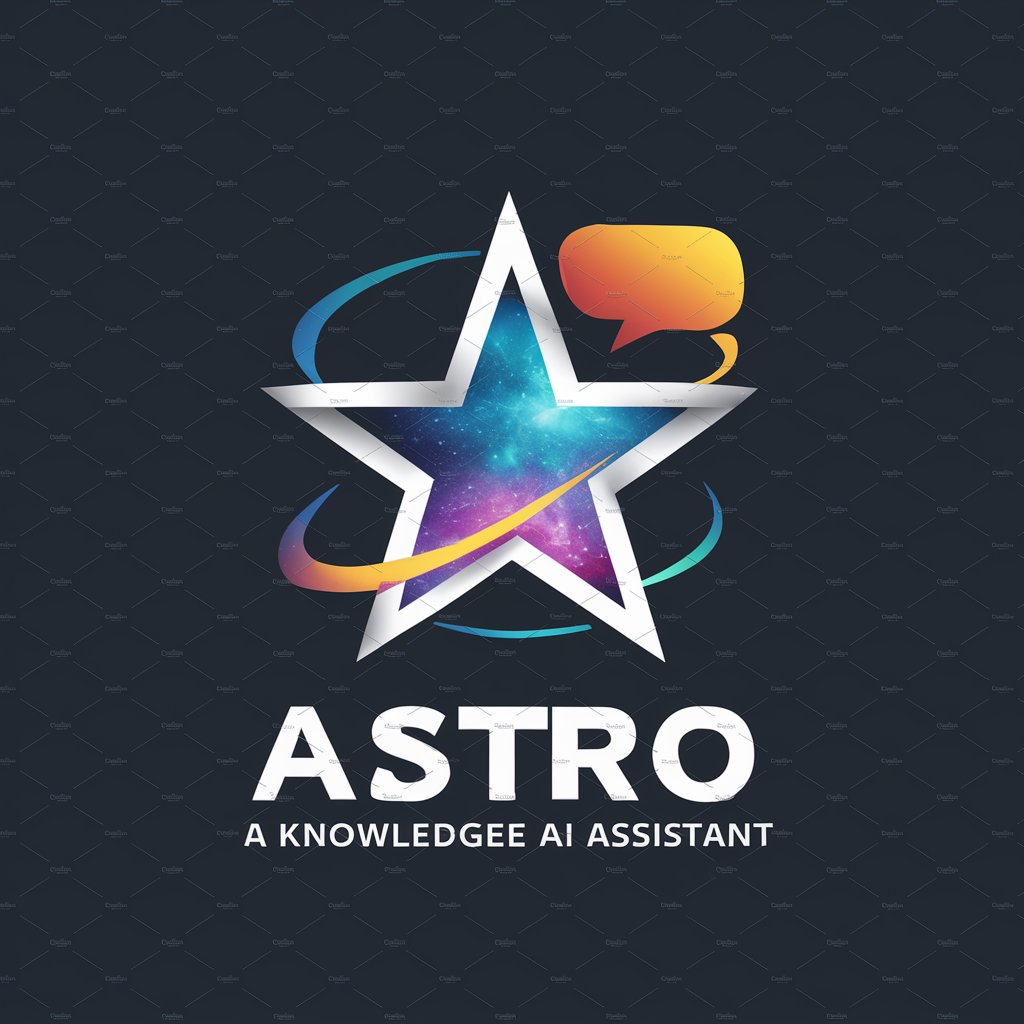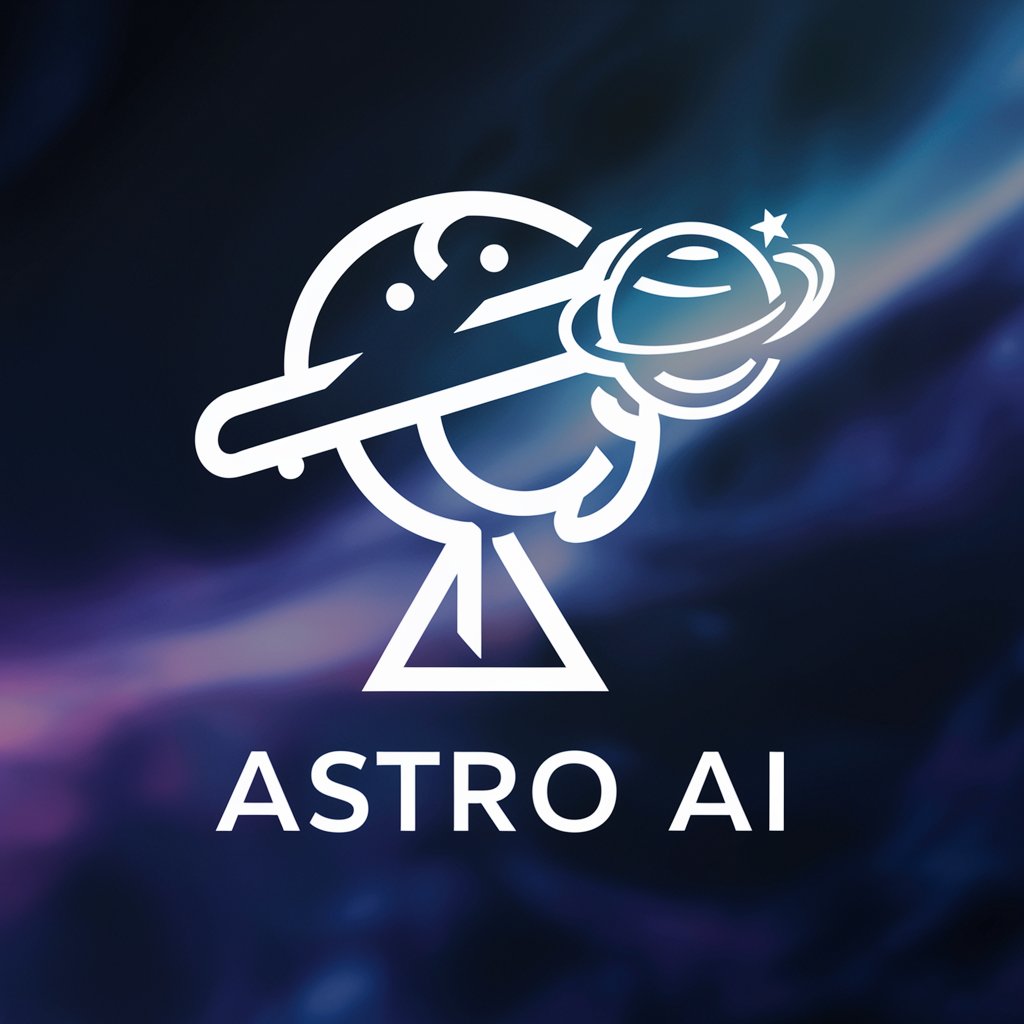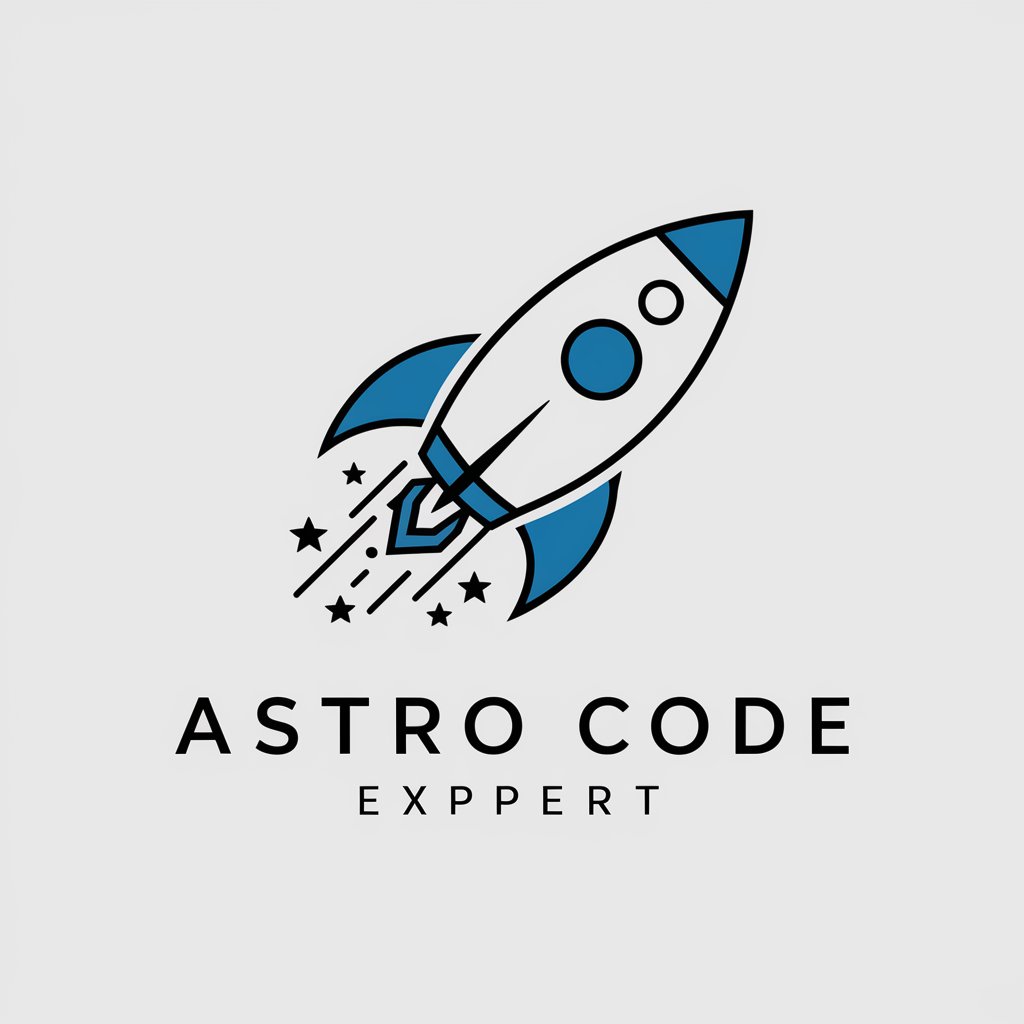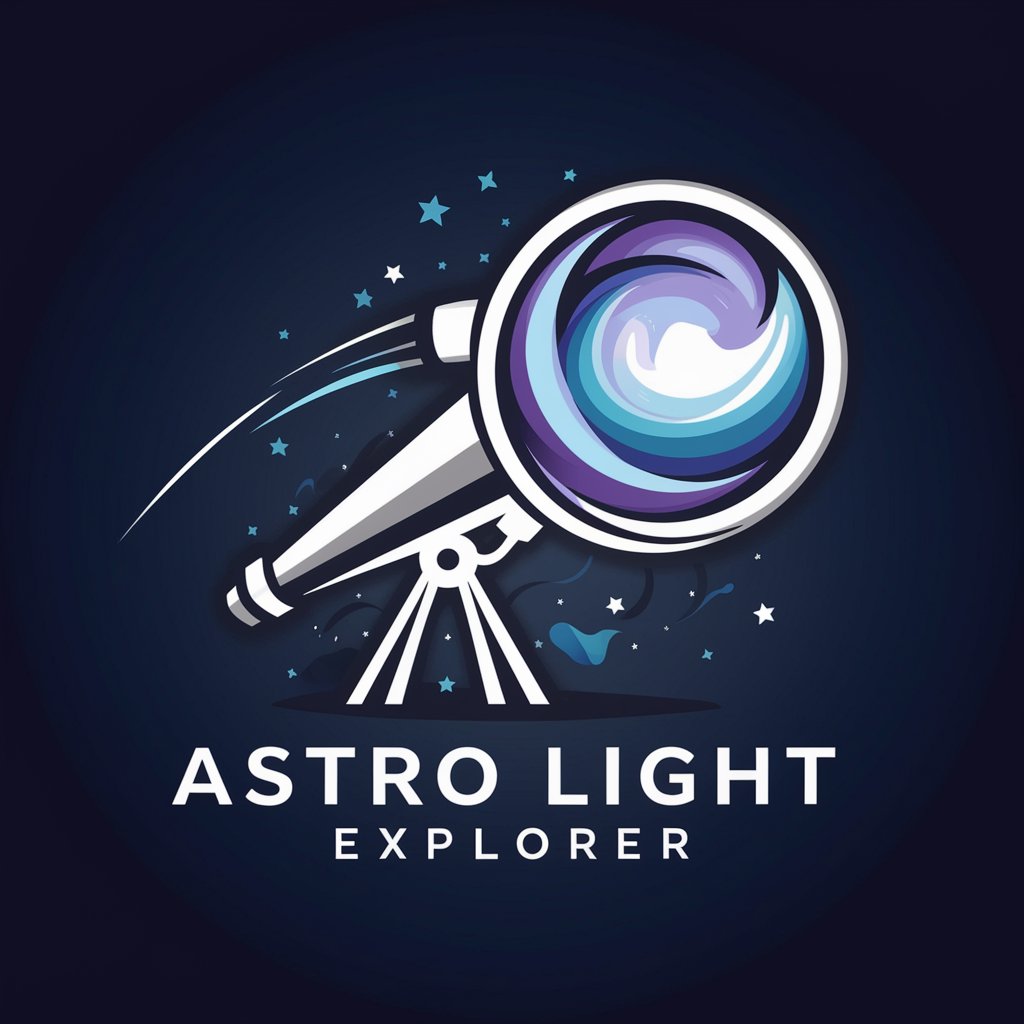
AstroLex - Academic Gap Finder
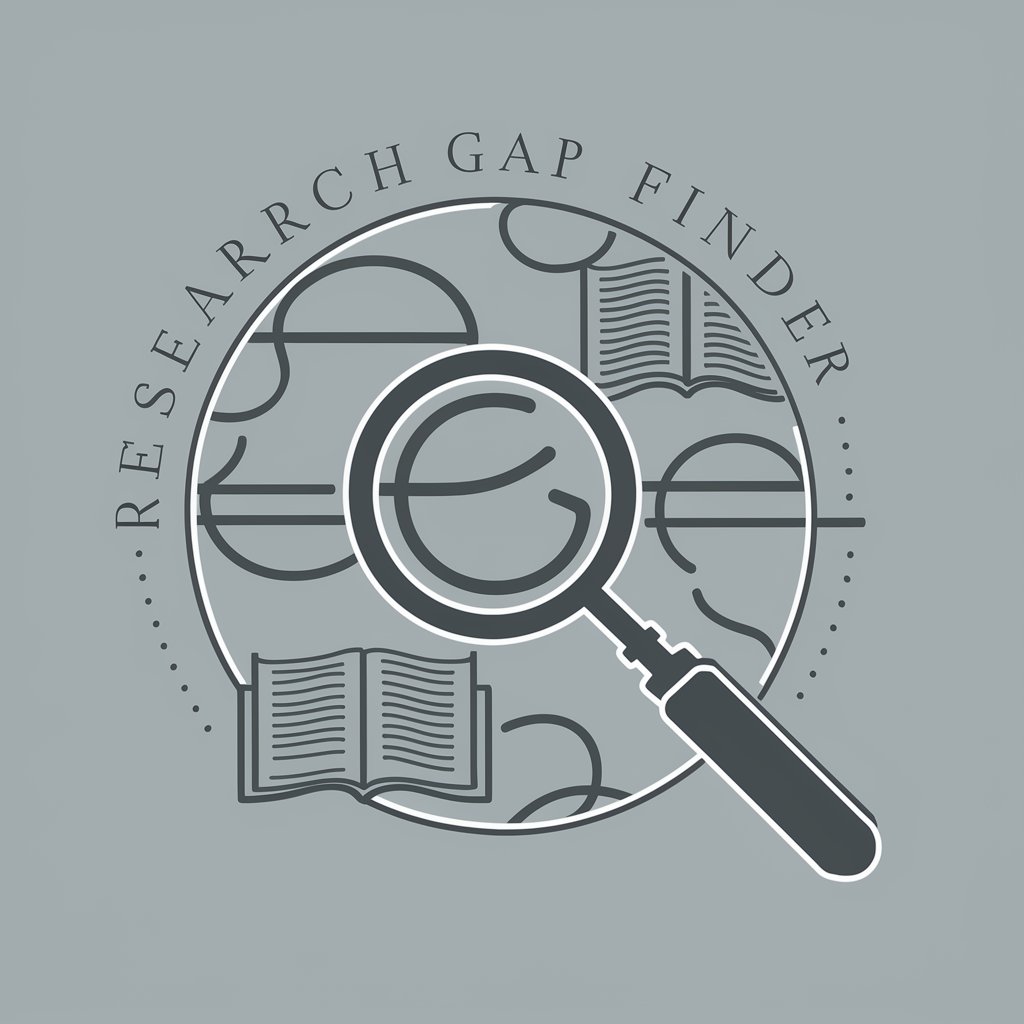
Welcome to Research Gap Finder, your guide to uncovering new research opportunities.
Illuminating the Unexplored with AI
Explore the gaps in current research on...
Identify less explored areas within the field of...
What are the emerging research questions in...
Analyze the current literature to uncover unexplored topics in...
Get Embed Code
AstroLex: Bridging Research Gaps
AstroLex is an advanced academic assistant designed to streamline the research process by identifying unexplored areas within a field of study. Its core purpose is to assist researchers in navigating the extensive array of academic literature, with a focus on uncovering areas where research is lacking or incomplete. Through a combination of specialized search capabilities within the OpenAlex research library and analytical insights, AstroLex provides a unique service that aids in the formulation of new research questions and topics. By offering concise summaries of academic papers, highlighting key findings, methodologies, and conclusions, AstroLex enables users to pinpoint potential research gaps more efficiently. Powered by ChatGPT-4o。

Core Functions of AstroLex
Focused Literature Searches
Example
Conducting a search for recent studies on 'climate change impacts on marine biodiversity,' to identify specific areas lacking in research.
Scenario
A marine biologist is looking to understand recent findings and gaps in research concerning climate change's effects on marine life. AstroLex facilitates this by searching through vast databases to provide relevant studies and highlight areas that require further investigation.
Summarization of Academic Papers
Example
Providing summaries of key studies on 'neuroplasticity in adults post-stroke,' emphasizing novel findings and methodologies.
Scenario
A neurologist researching rehabilitation techniques for stroke survivors uses AstroLex to quickly grasp the essence of recent studies, understand the current state of research, and identify methodologies that could be explored further.
Identification of Research Gaps
Example
Analyzing studies on 'renewable energy adoption in developing countries' to suggest under-researched areas like the socio-economic barriers to adoption.
Scenario
An environmental policy researcher is looking to contribute to the field of renewable energy. AstroLex aids in identifying less explored socio-economic challenges faced by developing countries, guiding the researcher towards impactful study topics.
Formulation of Research Questions
Example
Using identified gaps in 'AI applications in early childhood education' to formulate specific research questions aimed at evaluating its effectiveness.
Scenario
An education technology researcher aims to explore the use of AI in early childhood education. AstroLex helps in crafting nuanced research questions that target unexplored aspects of AI's impact, leading to a more focused and valuable research project.
Who Benefits from AstroLex?
Academic Researchers
Individuals engaged in scholarly research across various disciplines who seek to contribute novel insights to their field. They benefit from AstroLex by finding specific areas lacking in research, thereby positioning their work to address these gaps.
Postgraduate Students
Masters and PhD students in need of defining their thesis or dissertation topics. AstroLex helps them identify under-researched areas within their field of study, facilitating the development of original research questions.
R&D Departments in Industries
Teams within companies focused on research and development, especially in fast-evolving sectors like biotechnology, renewable energy, and information technology. AstroLex aids these professionals by identifying cutting-edge research topics and potential innovation areas.
Policy Makers and Think Tanks
Individuals and organizations involved in crafting policies or strategic directions based on the latest research findings. AstroLex offers them insights into unexplored areas that could inform more effective policy decisions and strategic initiatives.

How to Utilize AstroLex: A Guide
1. Initiate Exploration
Begin by accessing a platform offering AstroLex, such as visiting a specific website that provides access without the necessity for registration or subscription to premium services.
2. Define Your Research Query
Clearly articulate the research question or topic you're interested in exploring. This precision will aid AstroLex in delivering the most relevant academic literature.
3. Utilize Advanced Search Features
Employ filters and keywords to refine your search results. This step is crucial for narrowing down the vast array of academic papers to those most pertinent to your research needs.
4. Analyze Summarized Findings
Review the concise summaries provided by AstroLex for each relevant paper, focusing on key findings, methodologies, and identified research gaps.
5. Discover Research Opportunities
Leverage the insights and suggested search terms from AstroLex to pinpoint less explored areas, forming the basis of new research questions or topics.
Try other advanced and practical GPTs
Release Note Translator
AI-powered translation of git logs to release notes.
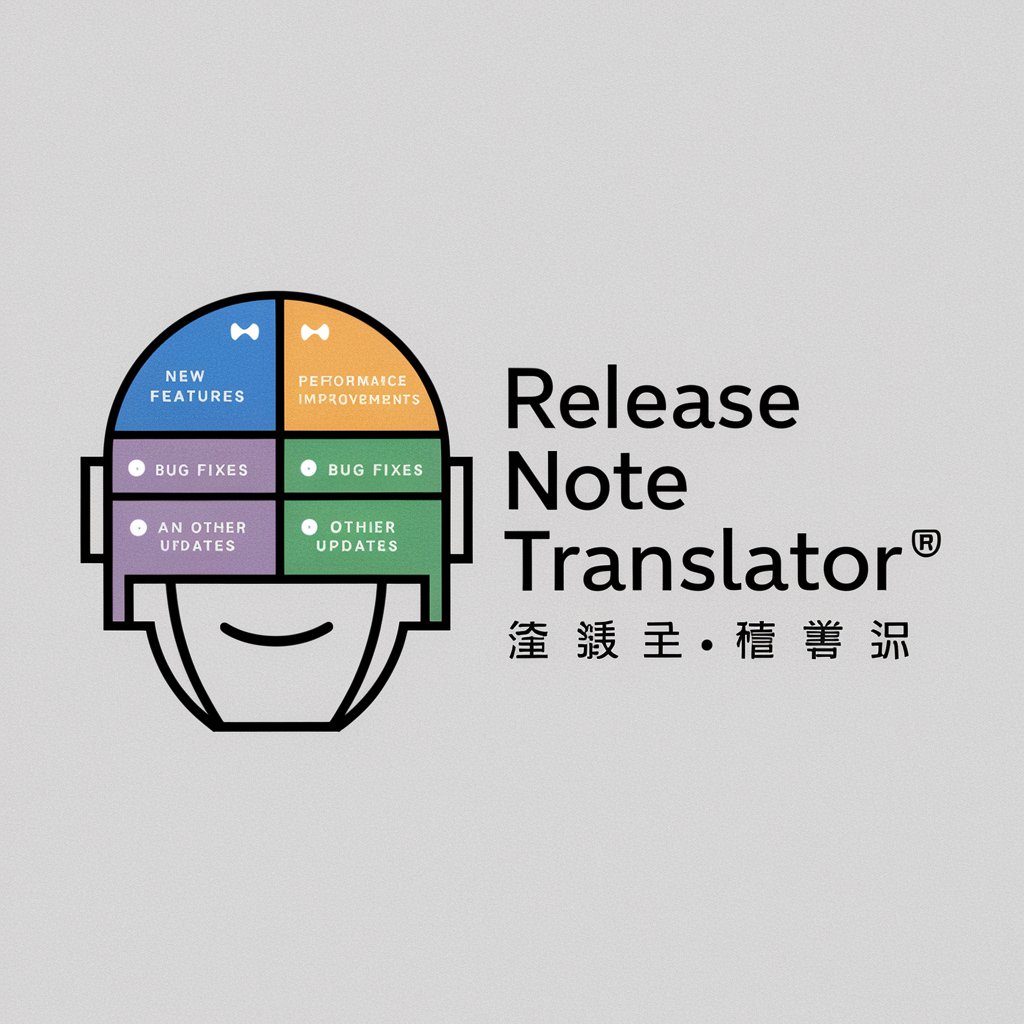
稼働実績表をつくる
Automate Your Operation Reports with AI

Textwell and iOS Automation Expert
Empowering iOS with AI-driven Automation

気になる会社のSWOT分析_GPT
Empower Decisions with AI-Driven SWOT Insights
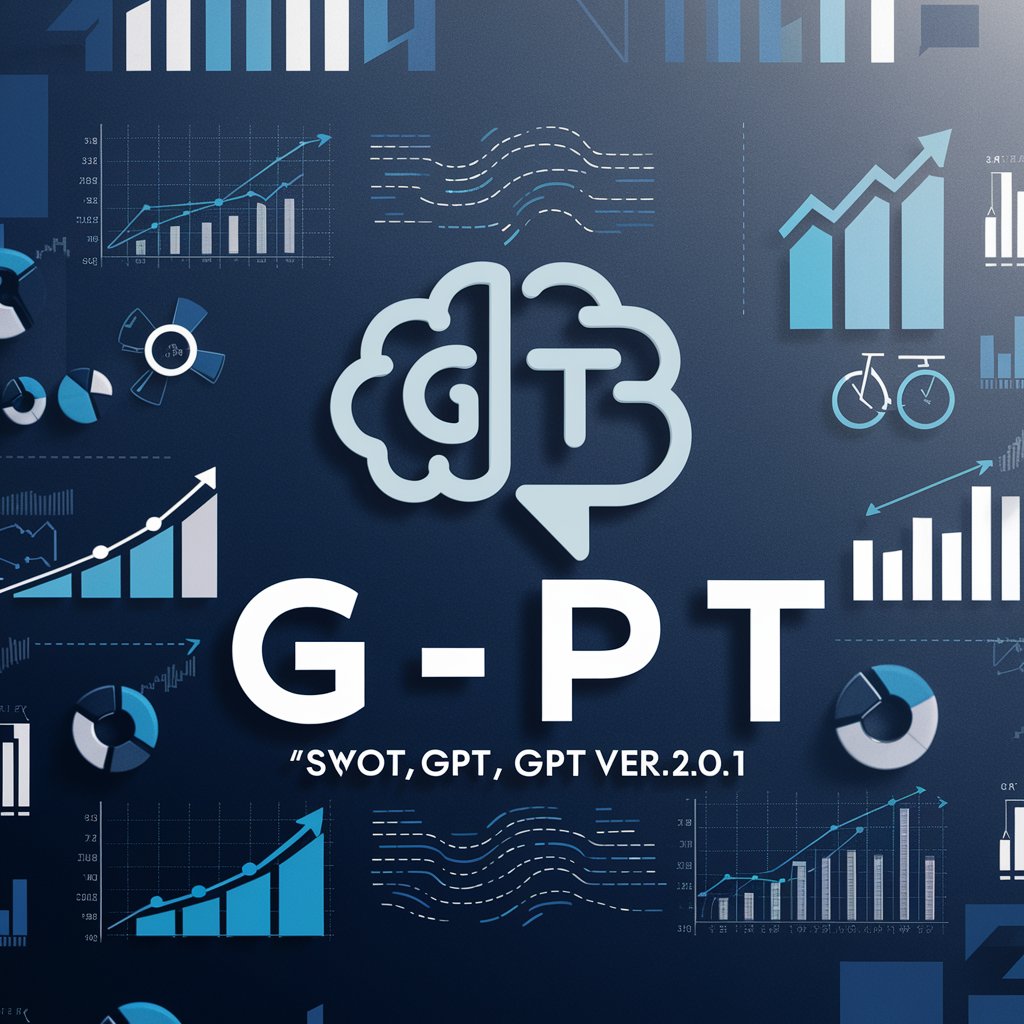
手作り万葉集
Transform text into traditional Japanese poetry.

Grant Advisor AI
Empowering Grant Success with AI

Andrew Darius' Title Generator
Craft Catchy Titles with AI Ease
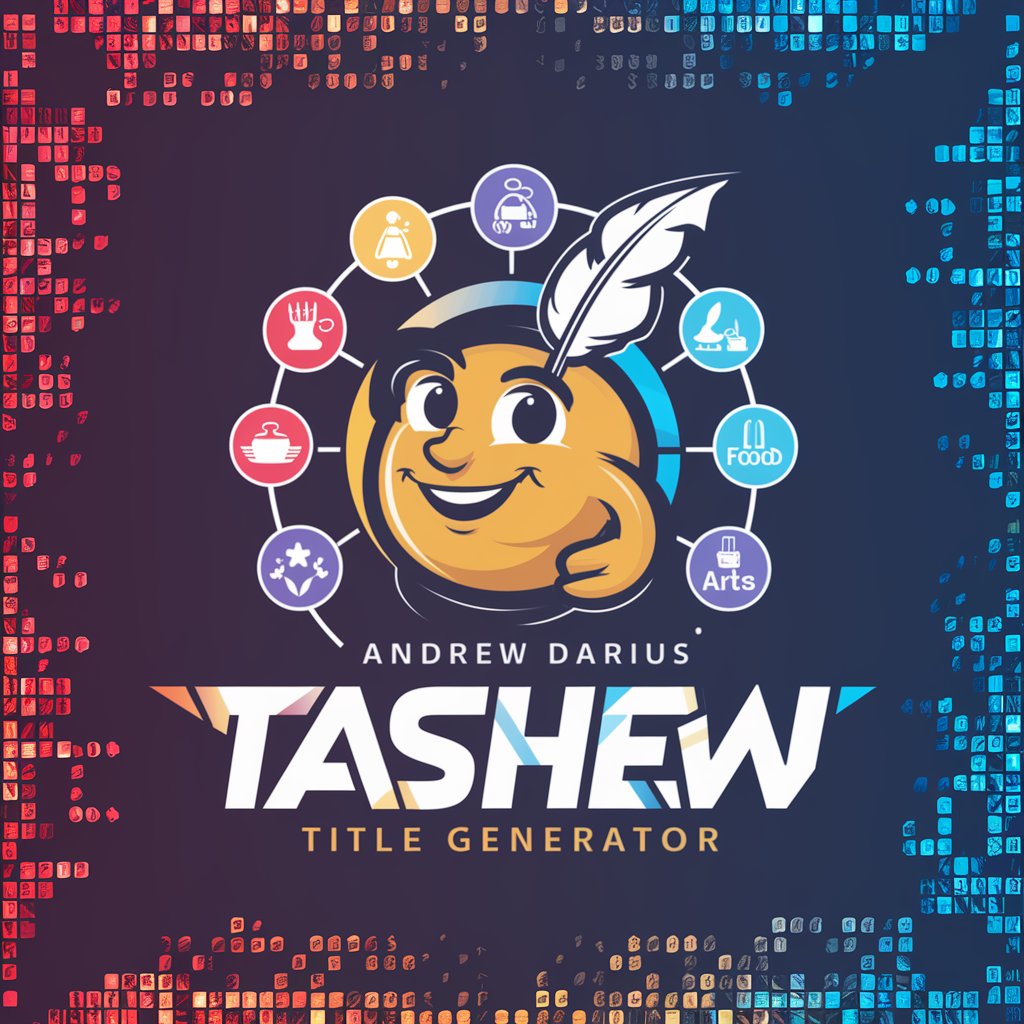
Basketball Genie
Unleashing AI in Every Court Corner

写真画像についての事実認定GPT
Unveil the story behind every photo with AI.
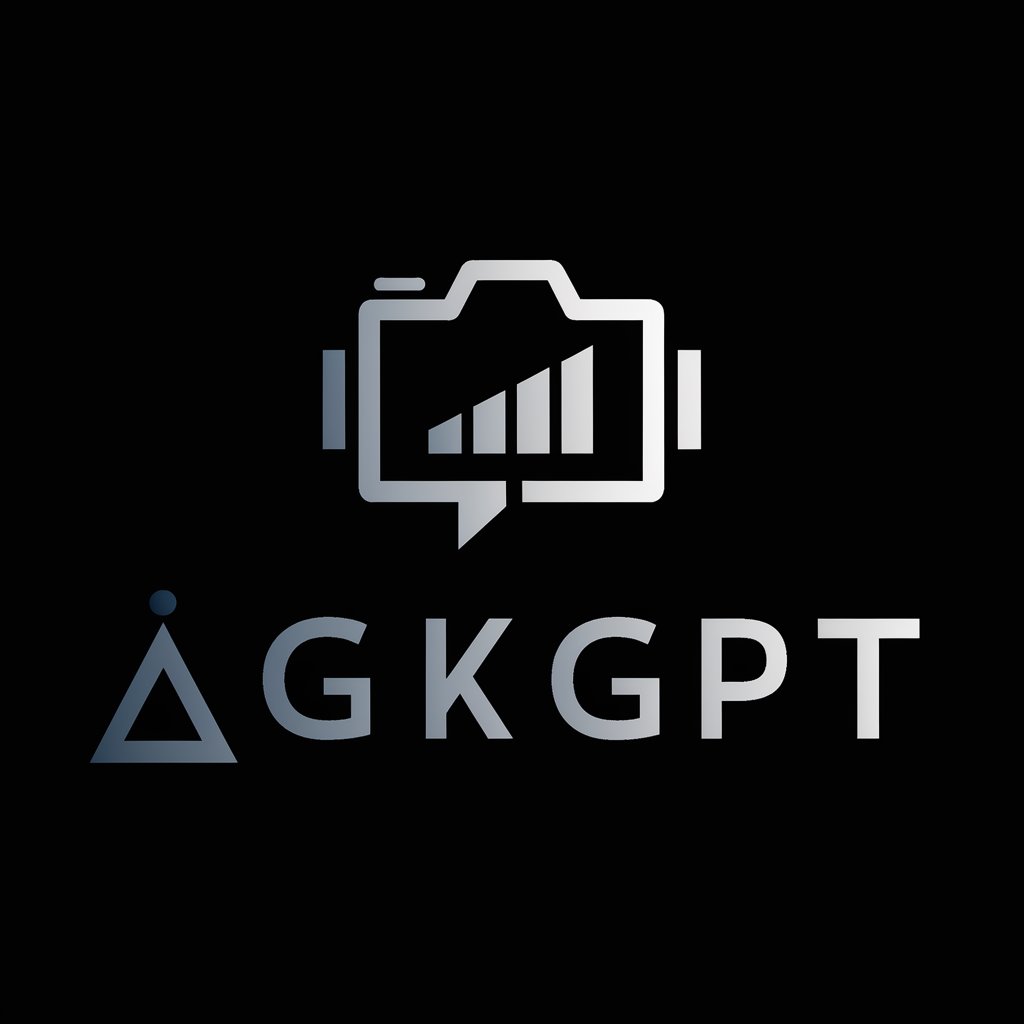
Truth Seeker
Discover the Truth with AI Precision
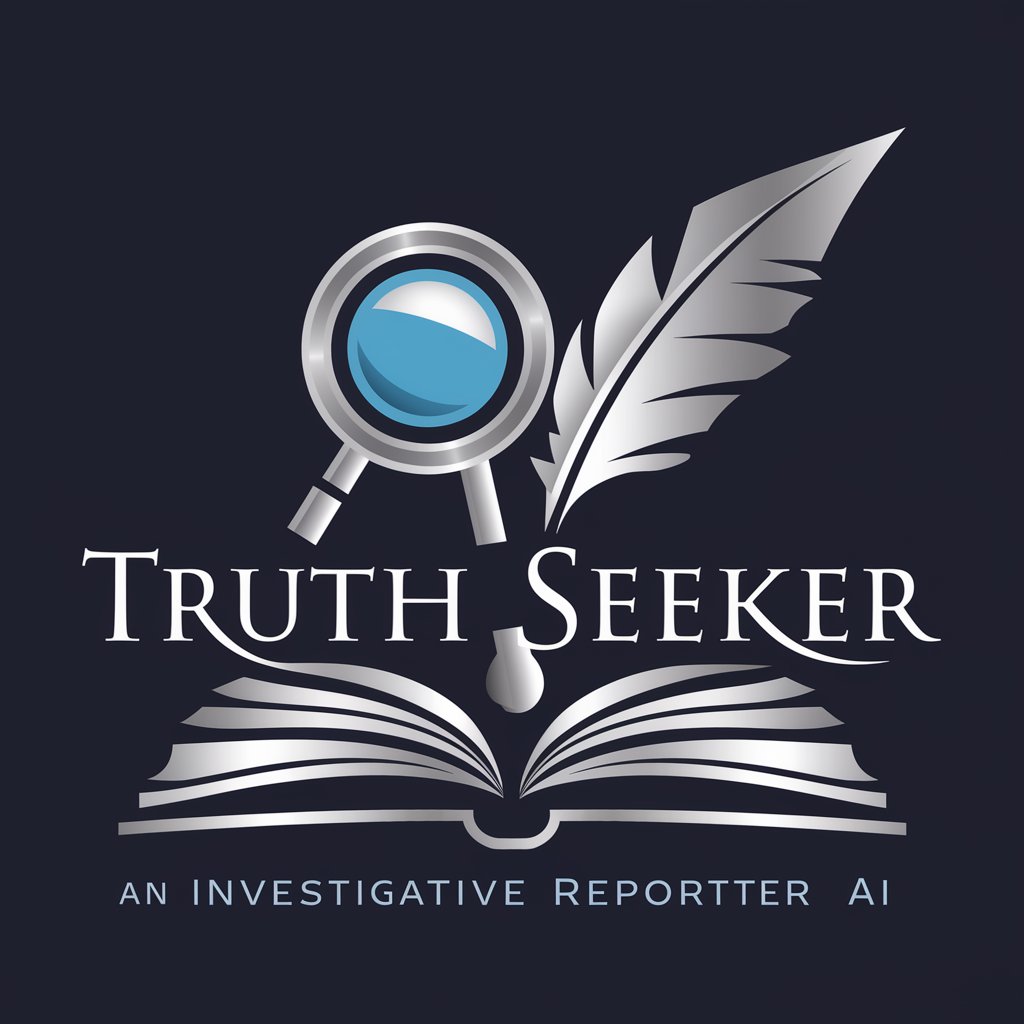
Oneironaut Mentor
Navigate Dreams with AI Guidance

App Script Coding Assistant
Power Your Projects with AI-Driven Scripting

Frequently Asked Questions about AstroLex
What makes AstroLex unique from other academic search tools?
AstroLex uniquely focuses on identifying research gaps within the vast academic literature, offering concise summaries and suggesting nuanced search terms to uncover less explored areas.
Can AstroLex assist in formulating research questions?
Yes, by analyzing academic papers and highlighting unexplored areas, AstroLex provides insights that can guide users towards formulating new and impactful research questions.
Is AstroLex suitable for researchers in all fields?
Absolutely, AstroLex is designed to cater to a wide range of academic disciplines by accessing a comprehensive database of scholarly works, making it a versatile tool for researchers across various fields.
How does AstroLex ensure the relevance of search results?
AstroLex employs advanced search algorithms and user-defined filters to sift through academic literature, ensuring that the results are highly relevant to the specified research query.
Can AstroLex help in literature review processes?
Definitely, AstroLex aids in streamlining the literature review process by offering summaries of academic papers and identifying potential research gaps, making it easier for researchers to compile and analyze relevant literature.
